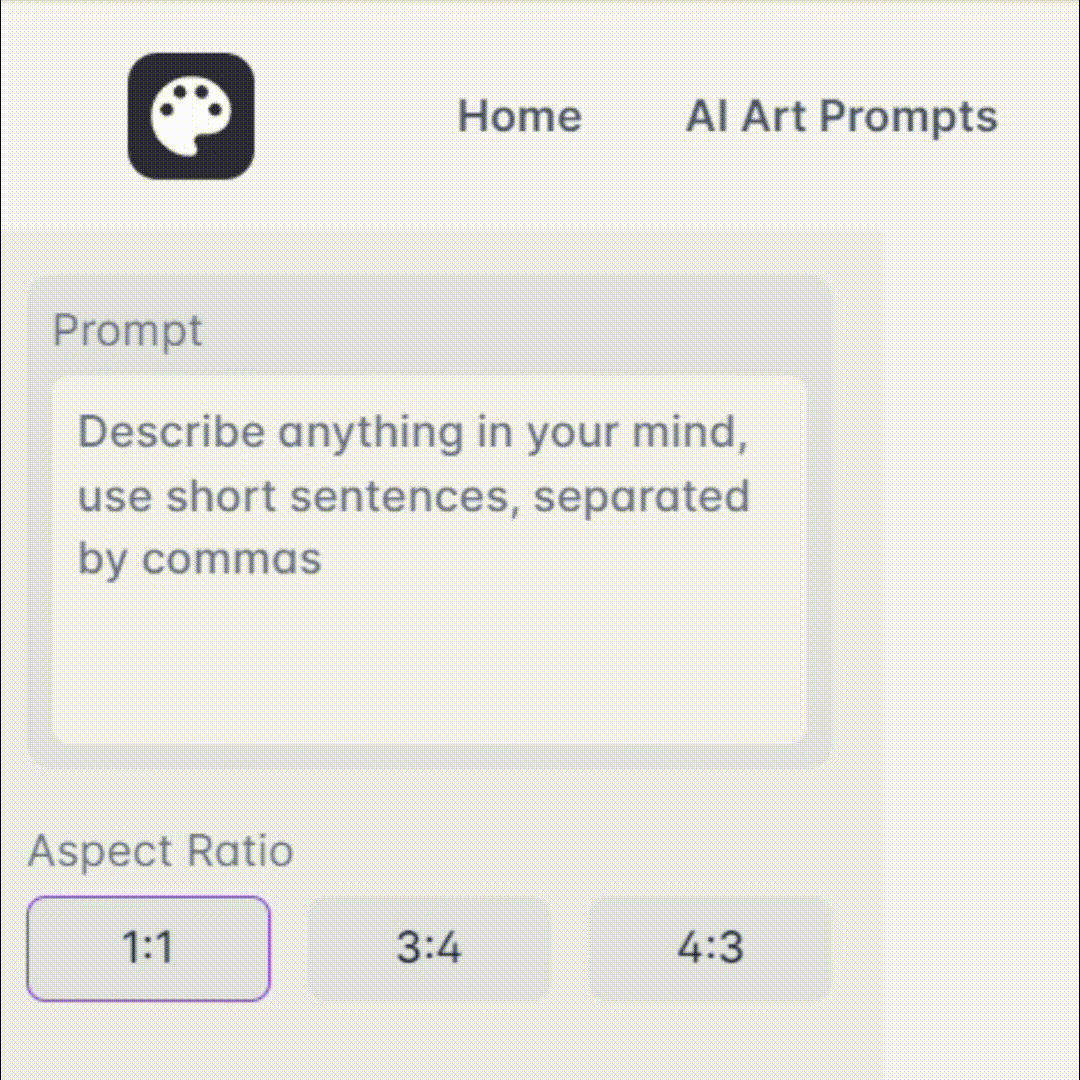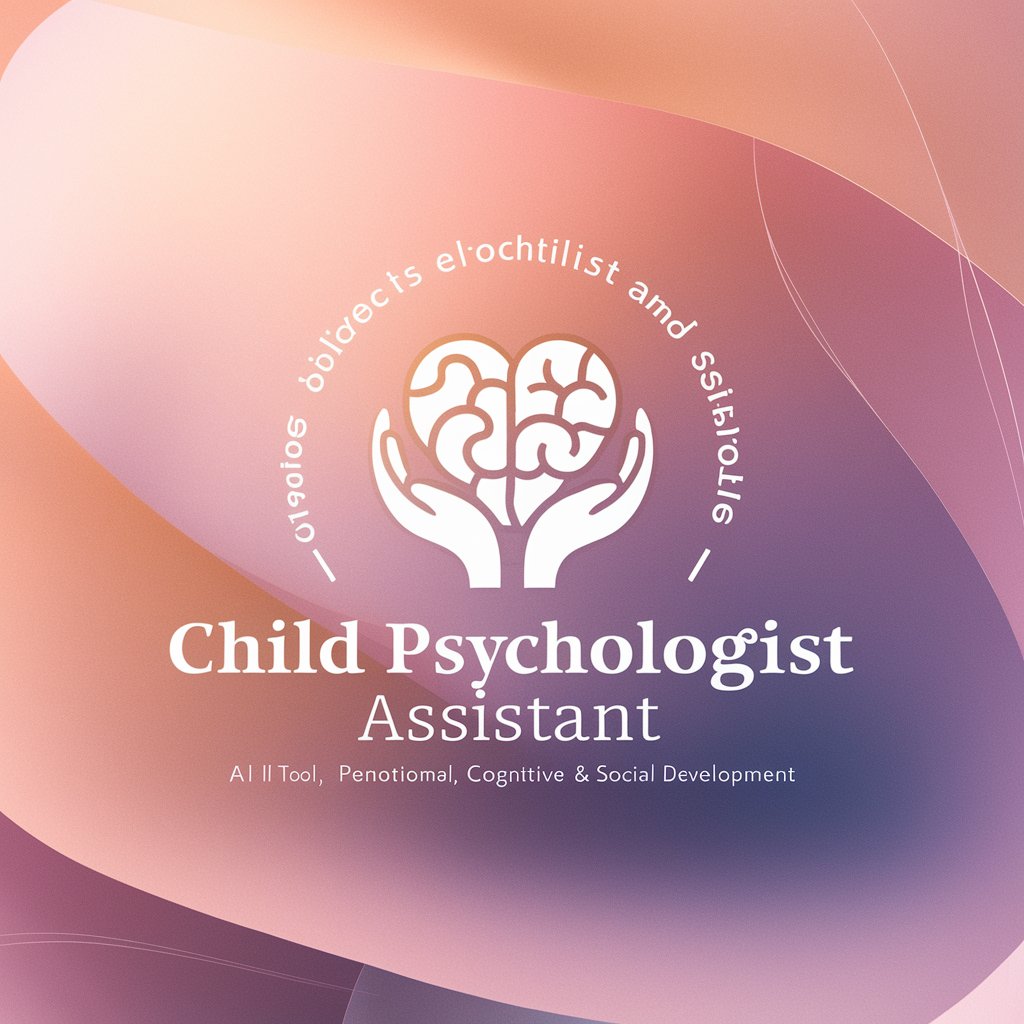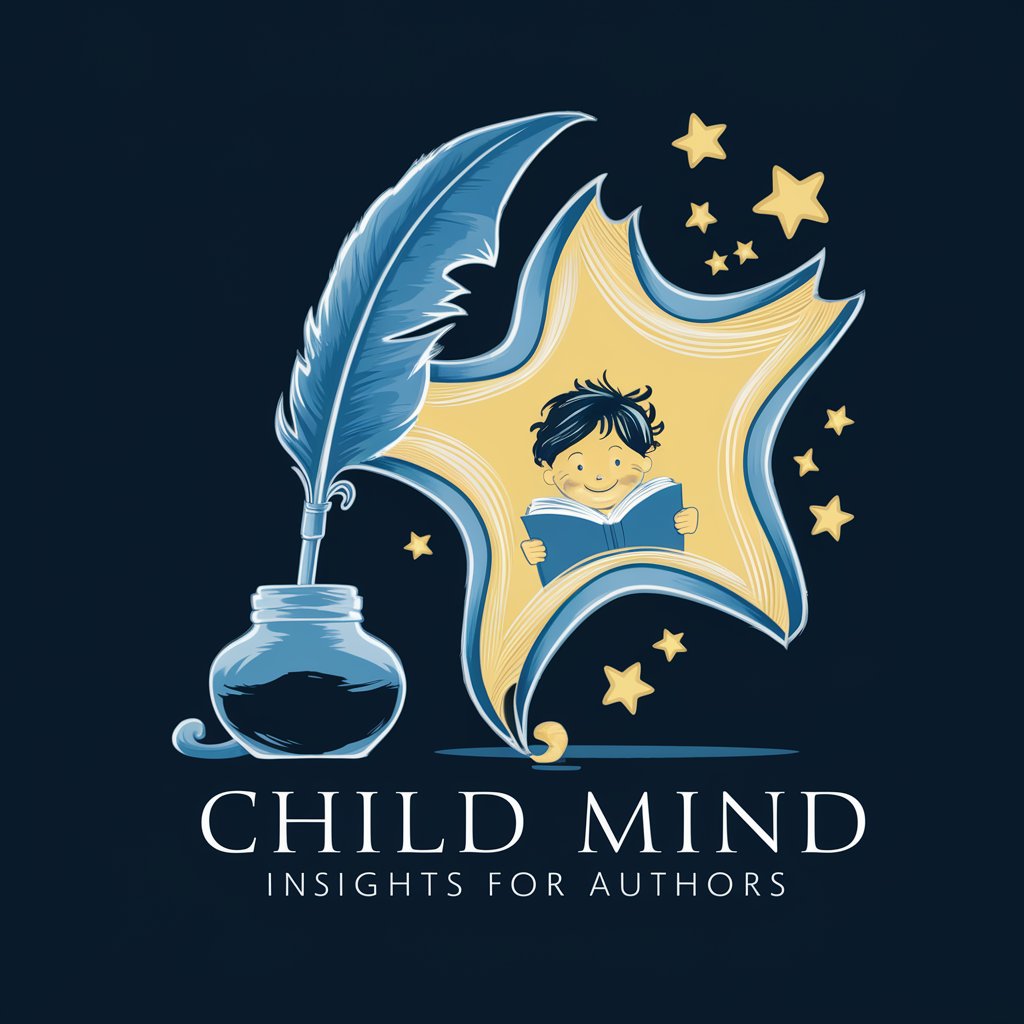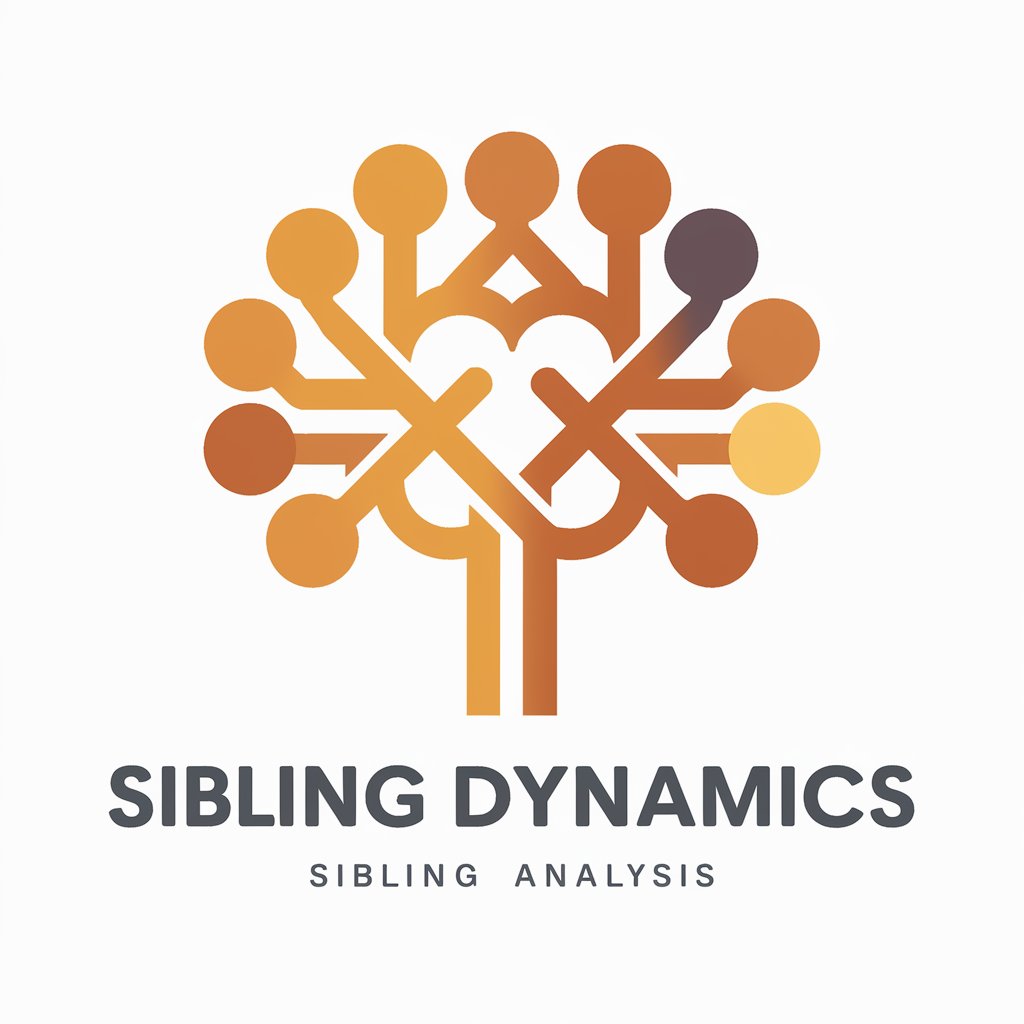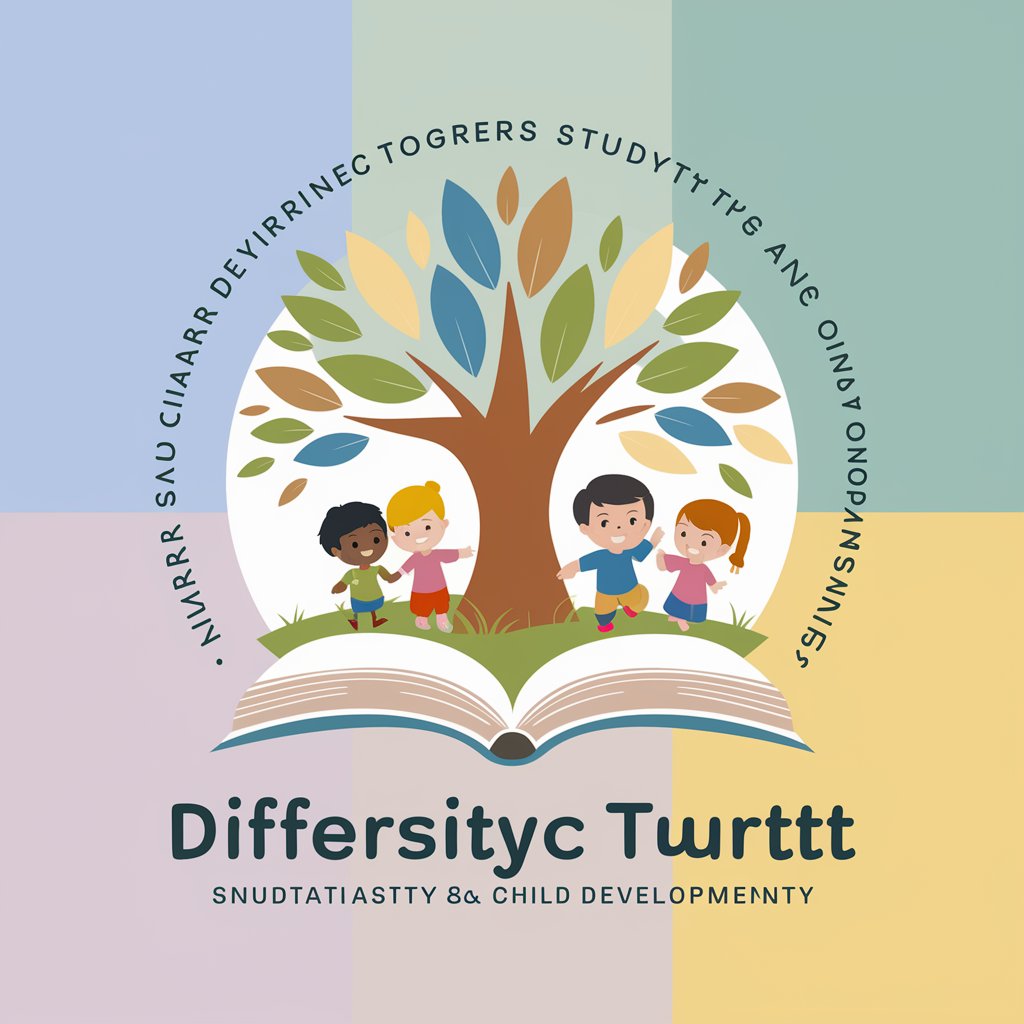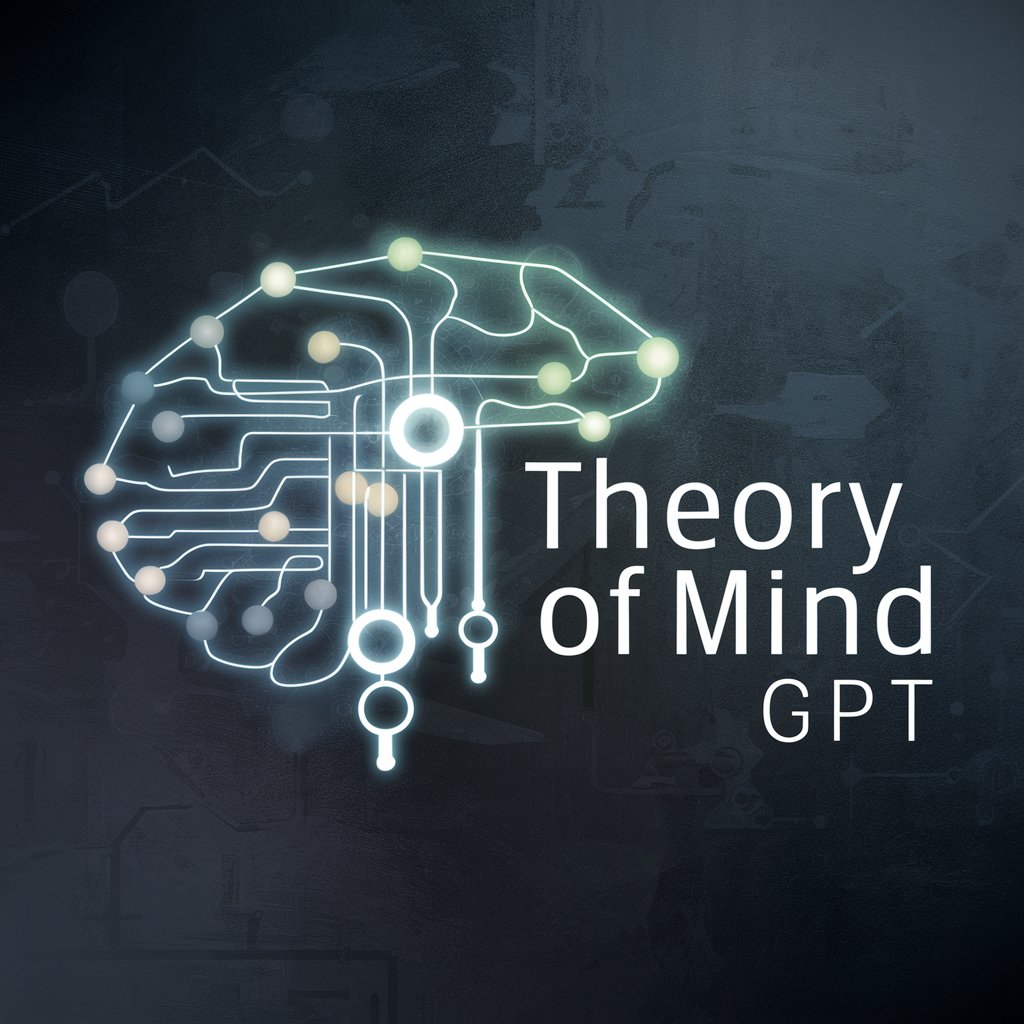
Insights into Early Childhood Peer Relationships - AI-powered childhood development insights
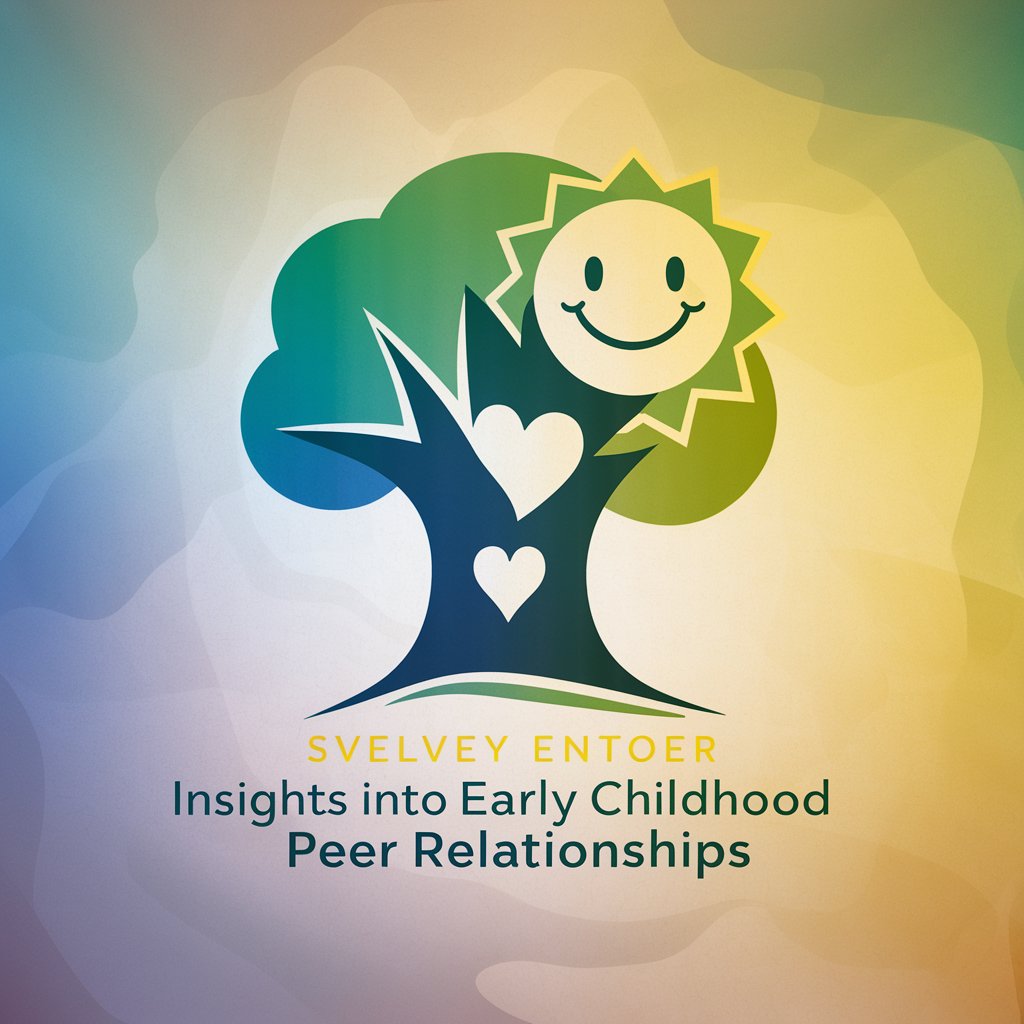
Welcome! I'm here to provide insights into early childhood peer relationships.
Empowering Childhood Connections
What are the key factors influencing empathy development in preschoolers?
How can educators promote positive peer interactions in early childhood settings?
What role does play have in the social development of young children?
How do early peer relationships impact long-term social skills?
Get Embed Code
Overview of Insights into Early Childhood Peer Relationships
Insights into Early Childhood Peer Relationships is a specialized AI designed to focus on the development and dynamics of peer relationships among young children, primarily in the preschool age group (3-5 years). Its primary design purpose is to provide educators, parents, and professionals in early childhood development with in-depth, research-backed information on fostering positive peer interactions, understanding the nuances of early friendships, and supporting the development of empathy and social skills in young children. For example, it can analyze and provide insights into common socialization scenarios in preschool settings, such as how to facilitate inclusive play among children with varying social skills, or strategies for intervening in instances of peer conflict in a manner that promotes understanding and empathy among the children involved. Powered by ChatGPT-4o。

Key Functions and Use Cases
Research Synthesis
Example
Summarizing current findings on the role of play in empathy development among preschoolers.
Scenario
An educator planning a curriculum focused on social-emotional learning seeks evidence-based strategies to integrate play activities that promote empathy. Insights into Early Childhood Peer Relationships provides a synthesis of recent research, including studies that demonstrate the effectiveness of role-play and cooperative games in enhancing empathetic understanding among peers.
Practical Strategy Suggestions
Example
Providing strategies for resolving conflicts among young children.
Scenario
A preschool teacher encounters frequent conflicts during playtime and seeks advice on conflict resolution that is appropriate for young children's developmental levels. The AI offers practical strategies, such as guiding children to use 'I feel' statements and facilitating problem-solving discussions, demonstrating how these approaches help children understand each other's perspectives and emotions.
Policy and Program Development Support
Example
Advising on the creation of inclusive school policies that encourage positive peer interactions.
Scenario
A school administrator aims to revise the school's inclusivity policies to better support positive peer relationships and prevent bullying. Insights into Early Childhood Peer Relationships provides comprehensive advice on best practices for policy development, emphasizing the importance of creating environments that encourage empathy, respect diversity, and provide children with the skills to engage positively with peers.
Target User Groups
Early Childhood Educators
Teachers and educators in preschool settings stand to benefit significantly. The insights and strategies provided can enhance their understanding of peer dynamics and improve their ability to foster a supportive and inclusive classroom environment where empathy and cooperation among children are actively encouraged.
Child Development Researchers
Researchers focusing on early childhood development, socialization, and peer relationships can use the AI to access a curated synthesis of current research findings, identify gaps in the literature, and explore potential areas for future study.
Parents and Caregivers
Parents and caregivers seeking to understand and support their child's social development will find valuable guidance on nurturing positive peer interactions, resolving conflicts, and fostering empathy from an early age, tailored to be practical and applicable in everyday situations.

Guidelines for Using Insights into Early Childhood Peer Relationships
Initial Access
Visit yeschat.ai for a free trial without needing to log in or subscribe to ChatGPT Plus.
Explore Features
Familiarize yourself with the various tools and features available, such as generating Q&As on peer interactions and accessing scholarly research.
Identify Needs
Clearly define your research or educational needs to effectively utilize the AI, such as improving classroom dynamics or enhancing lesson plans.
Interactive Use
Engage with the AI by posing specific, well-defined questions to receive the most accurate and helpful responses.
Feedback Loop
Provide feedback on the utility of the information received to refine future interactions and outcomes.
Try other advanced and practical GPTs
ChildhoodTraumaGPT
Healing Past Traumas with AI Guidance
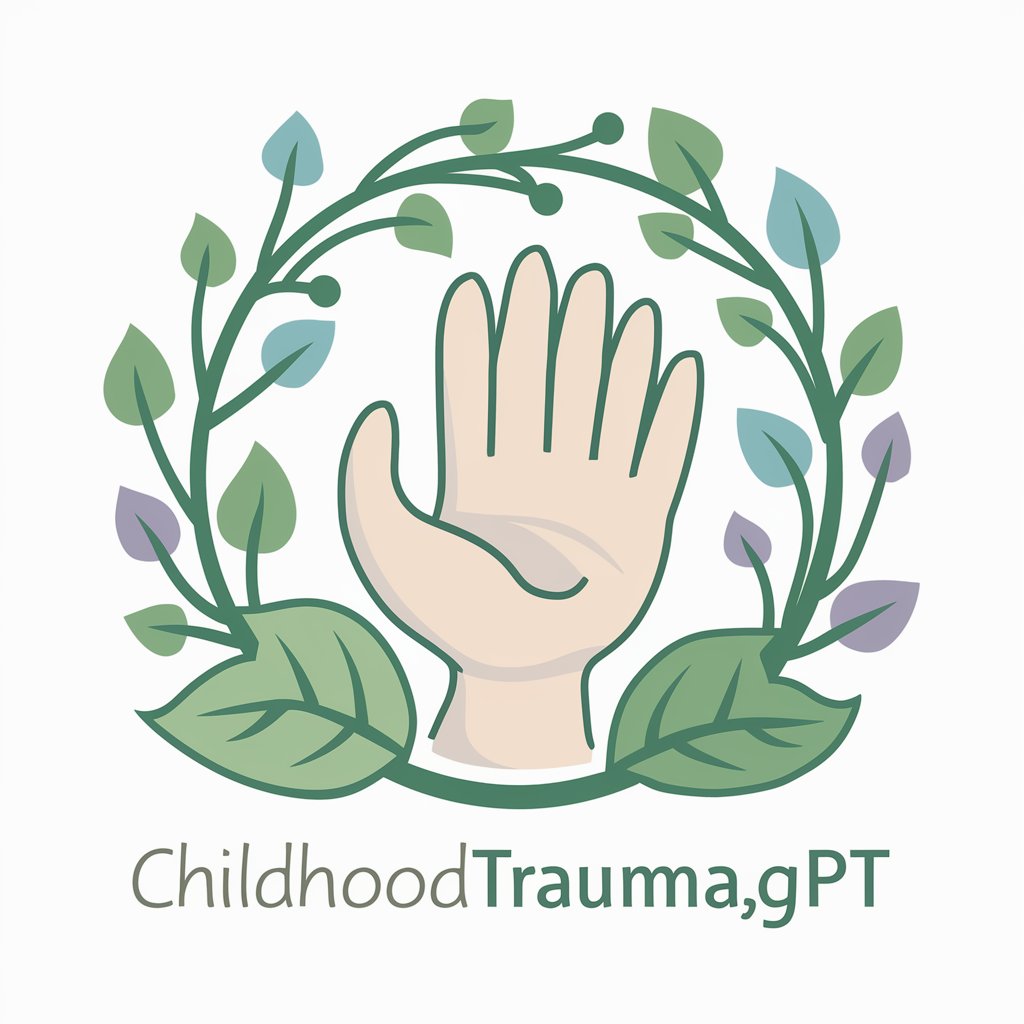
Adverse Childhood Experiences and The Brain
Discover How Childhood Shapes The Brain
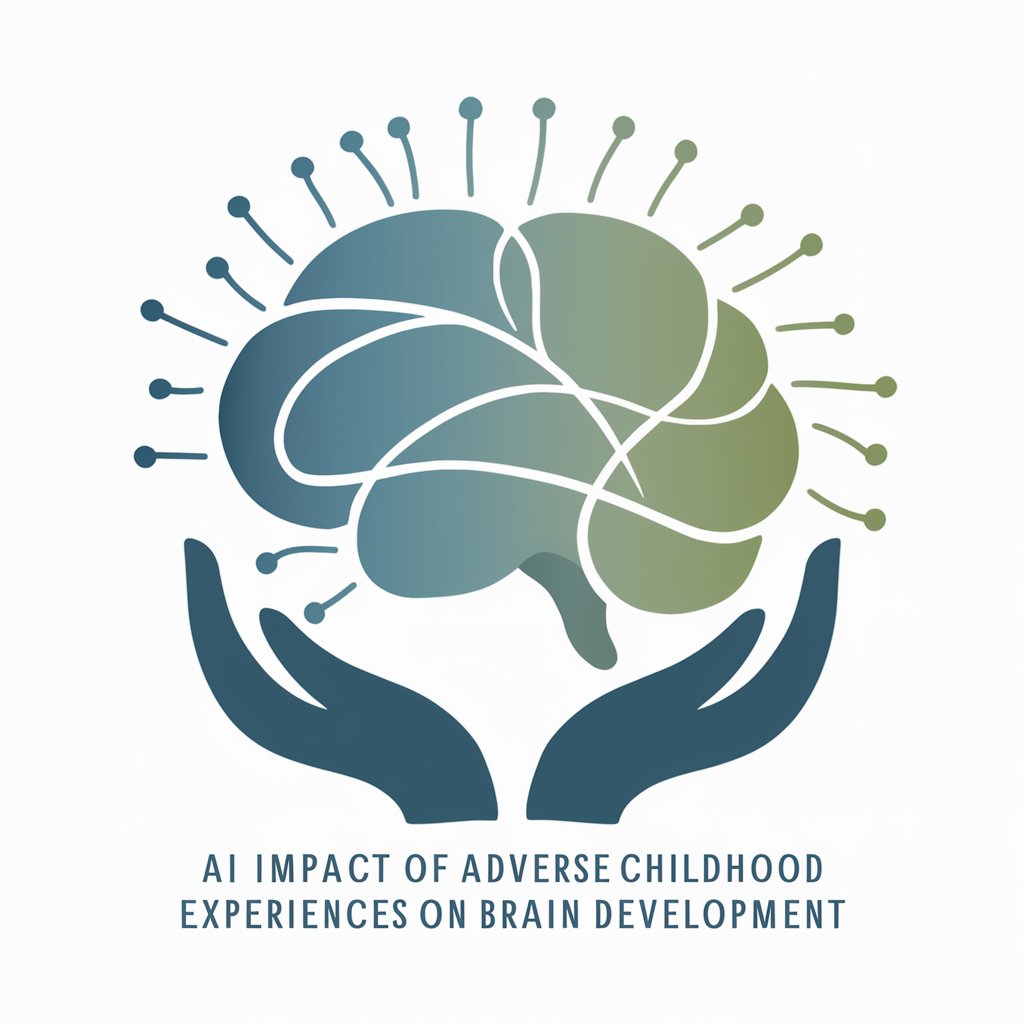
Childhood Trauma Repair
Heal Trauma with AI Guidance

Childhood Friend Girl
Bringing Your Photos to Life, Artistically

Childhood Explorer
Imagining Futures, Inspiring Children
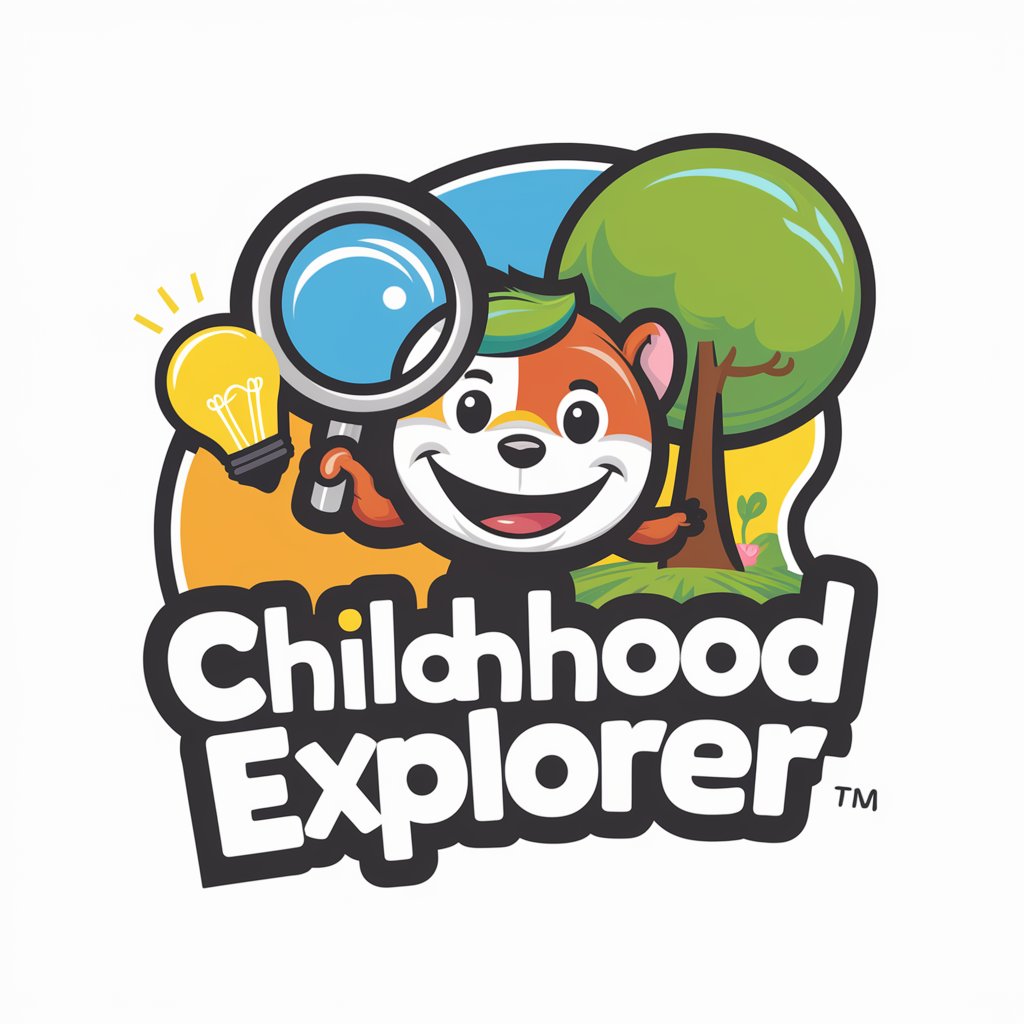
Early Years Childhood Development
Empowering early development with AI
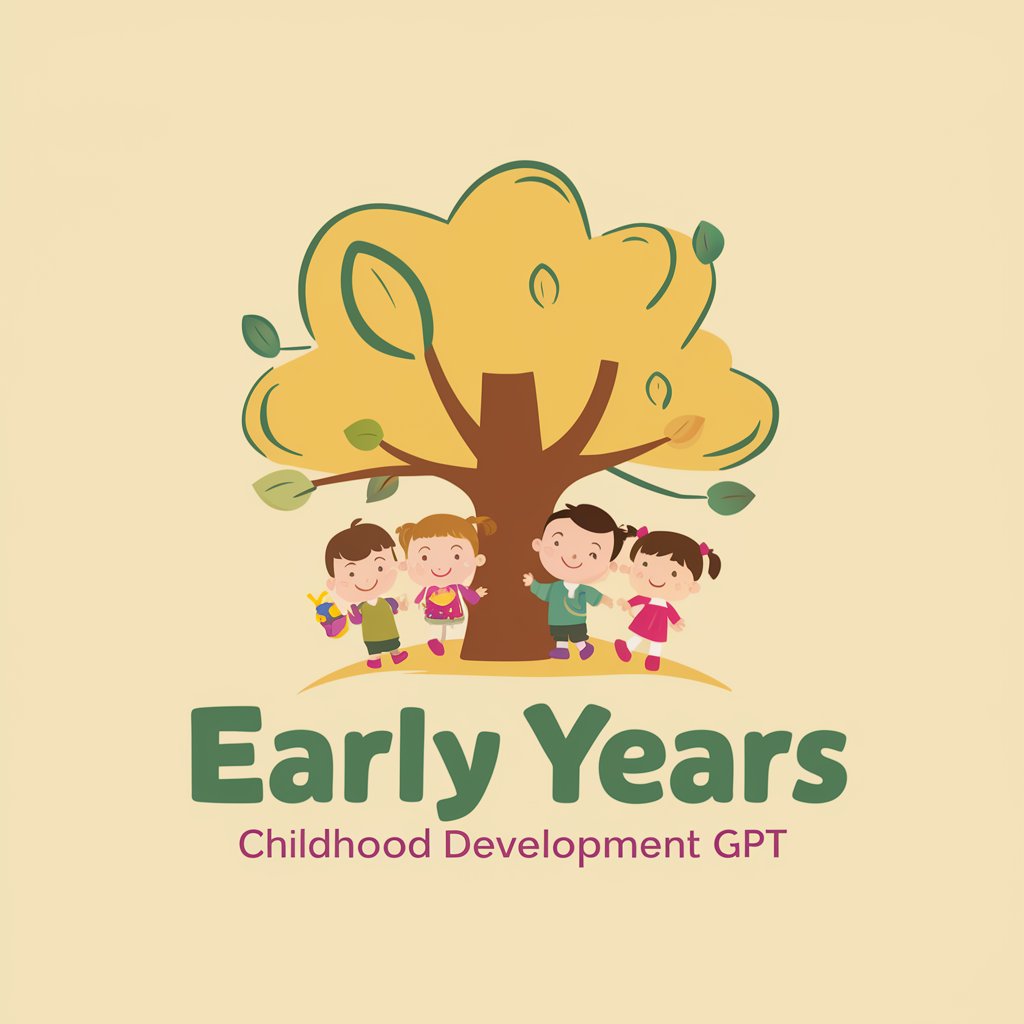
Te Whāriki - Early Childhood Curriculum
Empowering young learners through holistic and inclusive education.
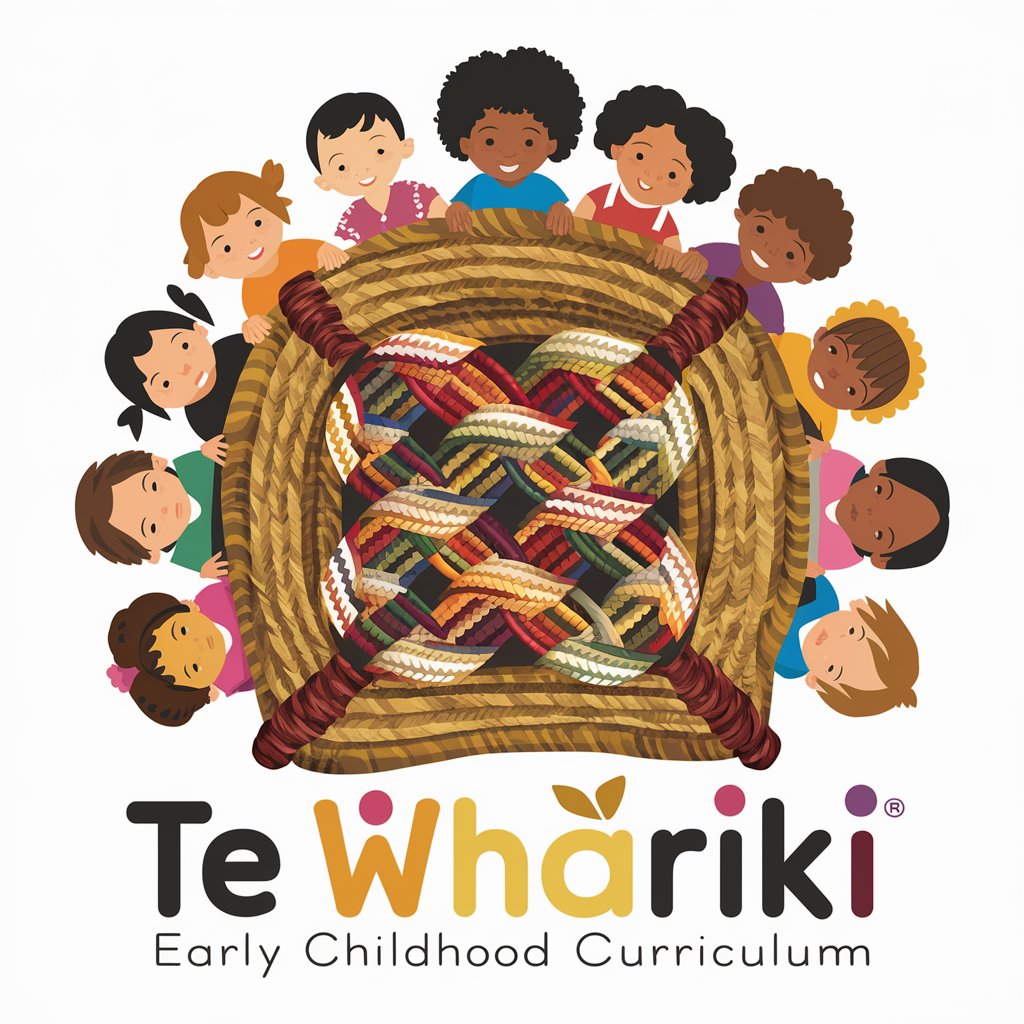
法律導航
Navigating Legal Complexity with AI

生成AI導入可能性評価
Optimize your industry with AI
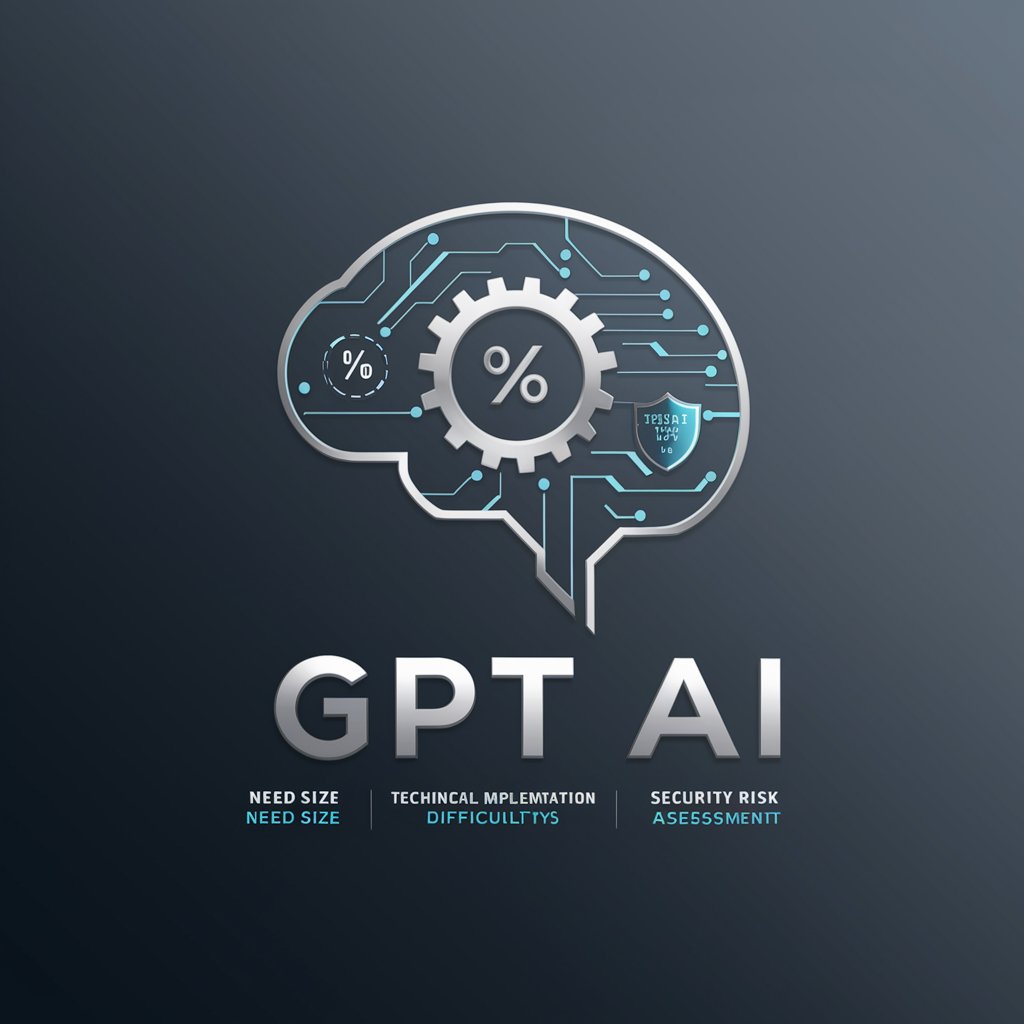
松樹導師
Empowering your trading with AI-driven Pine Script learning.

修仙入门
Empower Your Taoist Journey with AI
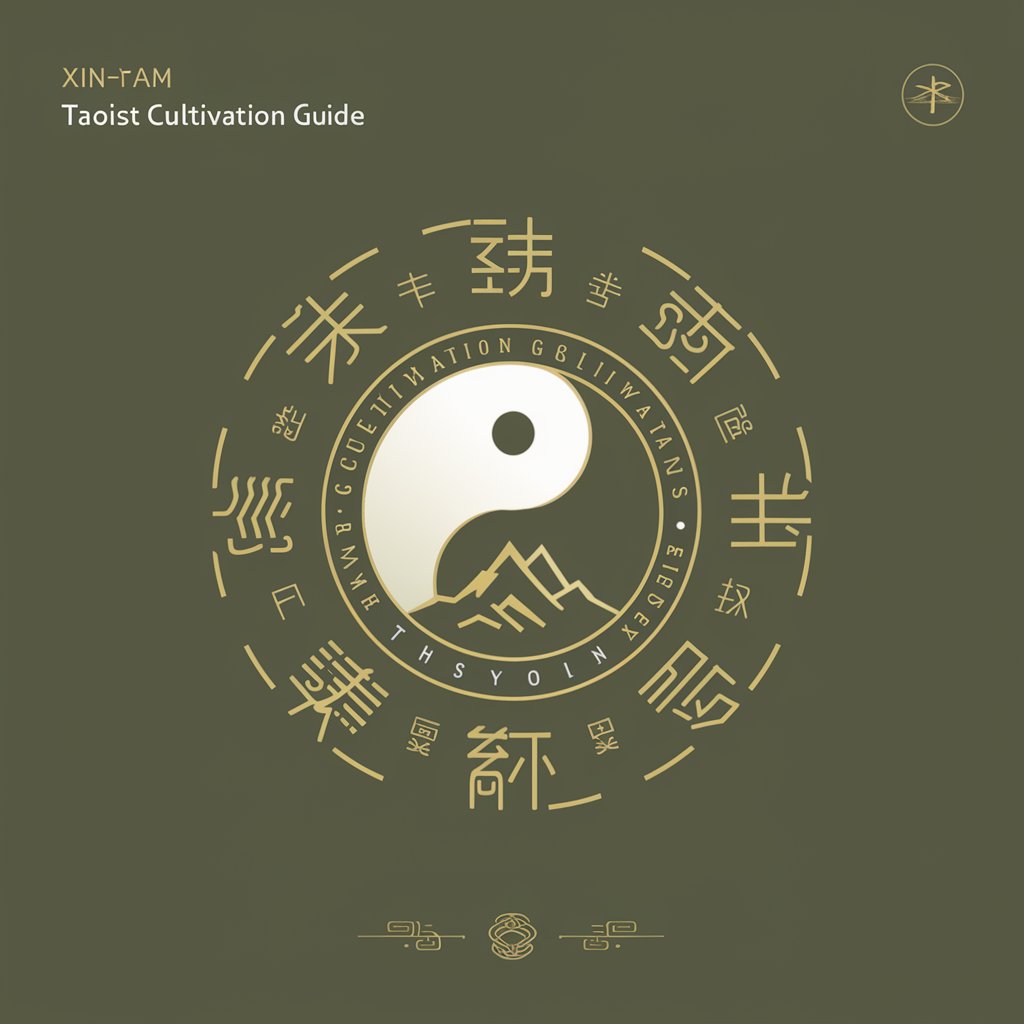
法規導航機器人
Navigating Taiwan's legal landscape with AI

Frequently Asked Questions about Insights into Early Childhood Peer Relationships
How does this tool assist in understanding peer relationships in early childhood?
The tool leverages scholarly research to offer insights into how young children develop social skills and relationships with peers, aiding educators and researchers in fostering more empathetic and cooperative interactions among preschoolers.
Can this AI provide examples of successful peer interaction strategies?
Yes, it can generate detailed examples and case studies showing effective strategies for promoting positive peer interactions, based on the latest findings in developmental psychology and early childhood education.
What are the benefits of using this AI for parents and teachers?
Parents and teachers can use the AI to gain a deeper understanding of children's social behaviors, enabling them to support social development more effectively. This includes identifying and nurturing empathy, resolving conflicts, and encouraging inclusive play.
Is this tool suitable for academic research?
Absolutely, researchers can utilize the AI to access a wealth of data on peer relationships, theoretical perspectives, and empirical studies, which can aid in the design and implementation of their studies.
How does the AI keep its database current and relevant?
The AI continually updates its database with the most recent research and publications in the field of early childhood development, ensuring that the insights and data provided are both current and relevant.
